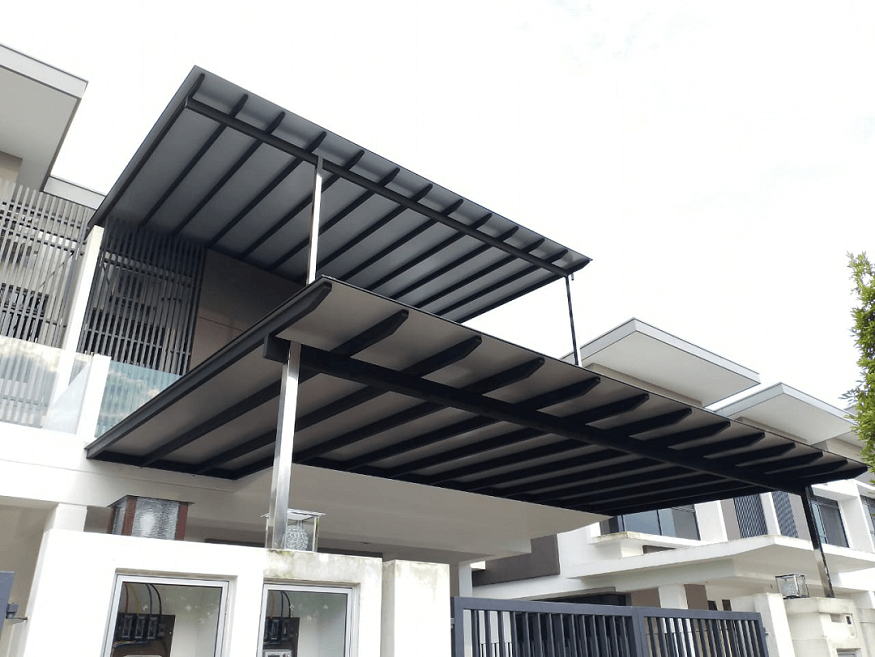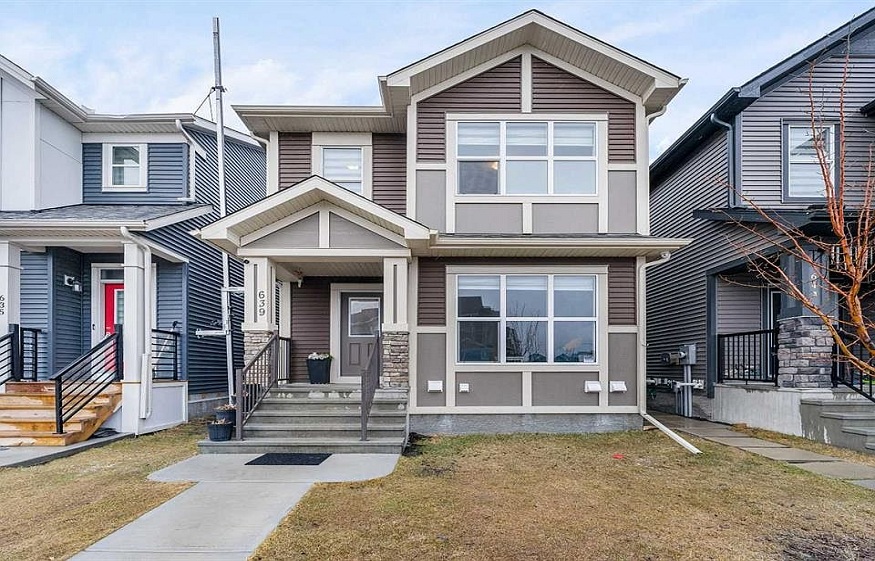Owning a second home can be a valuable asset, offering a potential source of income through rental opportunities. From understanding legal obligations to ensuring the property appeals to tenants, a structured approach can make the process smooth and profitable. To begin your journey, it’s wise to seek professional advice; for instance, Contact Letting Agents in West Drayton to understand the local rental market and secure expert guidance.
Evaluate the Suitability of Your Property:
Not each second home is automatically appropriate for the rental market. Start by assessing whether your property meets fundamental rental standards. Consider elements along with location, size, and condition. Properties in regions with excessive tenant demand, along with close transport links, schools, or business hubs, are probable to draw greater interest.
If your property calls for upkeep or upgrades, factor those into your price range earlier than list it for rent. A well-maintained property not only draws first-class tenants but also instructs better rental yields.
Understand Your Legal Obligations:
Renting out a property in the UK involves adhering to precise legal and regulatory requirements. Key duties include:
- Safety Standards: Ensure the property is safe for tenants. This consists of acquiring a valid Gas Safety Certificate, making sure electric safety, and providing smoke and carbon monoxide alarms.
- Energy Efficiency: Your property should have an Energy Performance Certificate (EPC) with a score of E or better to be legally let.
- Deposit Protection: If you accumulate a deposit, it should be held in a government-approved deposit safety scheme.
- Right to Rent Checks: You are legally required to test that your tenants have the right to stay in the UK.
Determine Your Rental Price:
Setting the right rental rate is critical for attracting tenants and maximising income. Conduct marketplace studies to discover what comparable properties in the vicinity are charging. Factors to consider consist of location, amenities, and the general situation of the assets.
Letting agents can offer a correct rental valuation based on their understanding and expertise of nearby trends. By pricing your property competitively, you may minimise void periods and hold a constant cash flow.
Decide Between Self-Management and Hiring a Letting Agent:
Managing rental assets involves significant time and effort. From locating tenants to handling protection issues, being a landlord requires a hands-on approach. If you lack the time or understanding, hiring a letting agent is an excellent option.
Letting agents provide diverse services, including:
- Advertising your own home and screening tenants.
- Managing rental agreements and gathering rent.
- Organising repairs and protection.
- Ensuring compliance with legal requirements.
If your property is placed in or around West Drayton, nearby letting agents can offer invaluable insights into tenant expectancies and marketplace trends, assisting you to reap satisfactory results.
Prepare the Property for Tenants:
First impressions matter in the rental market. Before listing your property, make it as appealing as possible to prospective tenants.
- Cleanliness: Ensure the property is thoroughly cleaned, including carpets, windows, and appliances.
- Repairs and Upgrades: Fix any damages and consider upgrades like fresh paint, modern lighting, or new flooring to enhance appeal.
- Furnishing: Decide whether to rent the property furnished or unfurnished, depending on your target market. Fully furnished homes often appeal to young professionals and short-term renters, while families may prefer unfurnished options.
Screen Tenants Carefully:
Choosing the right tenant is critical to a successful rental experience. Screen applicants to ensure they have a stable income, good references, and a positive rental history. A thorough vetting process reduces the risk of late payments or property damage.
Letting agents can handle this process for you, ensuring that only reliable and trustworthy tenants are approved.
Plan for Ongoing Costs:
While renting out your property can generate income, it`s important to account for ongoing charges. These may consist of:
Maintenance and Repairs: Regular protection is vital to maintain the assets in true condition.
- Insurance: Landlord insurance covers dangers together with property damage, lack of rent, and liability.
- Agent Fees: If you use a letting agent, finances for their fees, which can also additionally consist of a per cent of the monthly rent.
- Taxes: Income from renting your property is taxable. Familiarise yourself with allowable charges to lessen your tax liability.
Stay Informed About Landlord Responsibilities:
Being a landlord is a dynamic position that requires staying knowledgeable approximately changes in law and tenant rights. For example, the proposed Renters` Reform Bill in the UK consists of measures such as abolishing Section 21 ‘no-fault’ evictions, that could affect how landlords manipulate tenancies.
Joining landlord institutions or subscribing to property control resources can help you live up to date and navigate your obligations effectively.
Monitor Your Investment:
Once your property is rented, it’s important to monitor its performance. Review your income and expenses periodically to assess whether your investment is yielding the desired returns.
Conclusion:
Turning your second home into a rental property can be a rewarding venture if approached with careful planning and consideration. From ensuring legal compliance to setting the right rental price and maintaining good tenant relationships, every step plays a vital role in your success.





